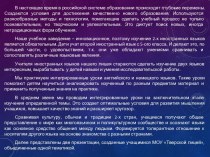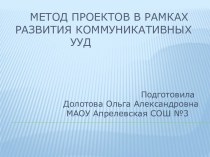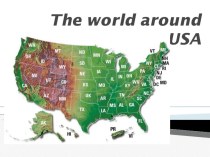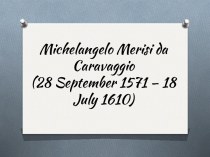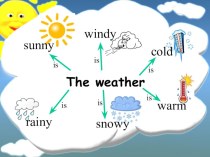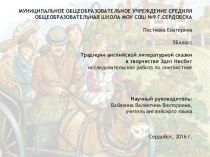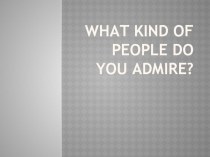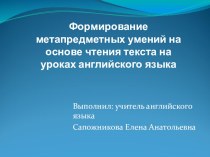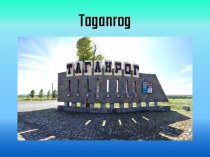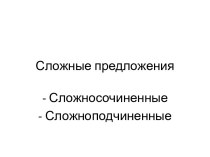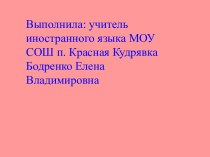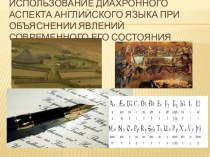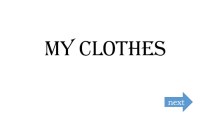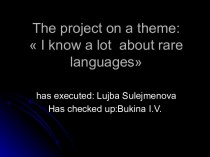- Главная
- Разное
- Бизнес и предпринимательство
- Образование
- Развлечения
- Государство
- Спорт
- Графика
- Культурология
- Еда и кулинария
- Лингвистика
- Религиоведение
- Черчение
- Физкультура
- ИЗО
- Психология
- Социология
- Английский язык
- Астрономия
- Алгебра
- Биология
- География
- Геометрия
- Детские презентации
- Информатика
- История
- Литература
- Маркетинг
- Математика
- Медицина
- Менеджмент
- Музыка
- МХК
- Немецкий язык
- ОБЖ
- Обществознание
- Окружающий мир
- Педагогика
- Русский язык
- Технология
- Физика
- Философия
- Химия
- Шаблоны, картинки для презентаций
- Экология
- Экономика
- Юриспруденция
Что такое findslide.org?
FindSlide.org - это сайт презентаций, докладов, шаблонов в формате PowerPoint.
Обратная связь
Email: Нажмите что бы посмотреть
Презентация на тему из цикла уроков элективного курса Business English (Unit 6 Office Talks)
Содержание
Plan of the lesson:Phonetic drill Reading and discussing texts and dialogsDoing exercises
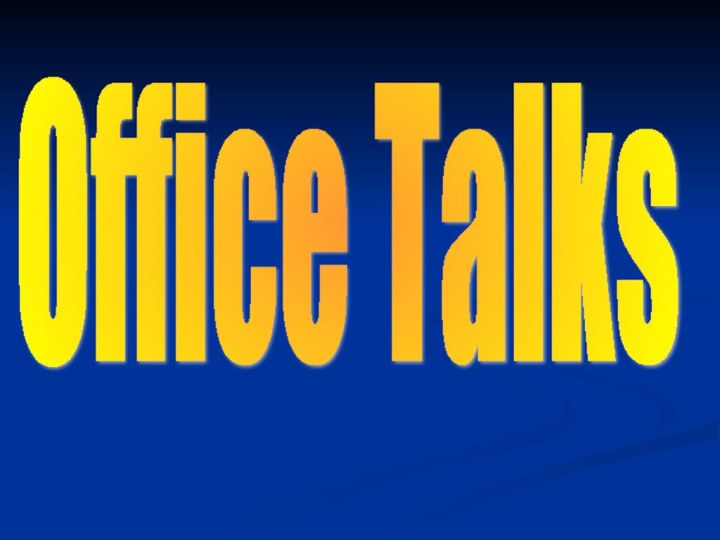
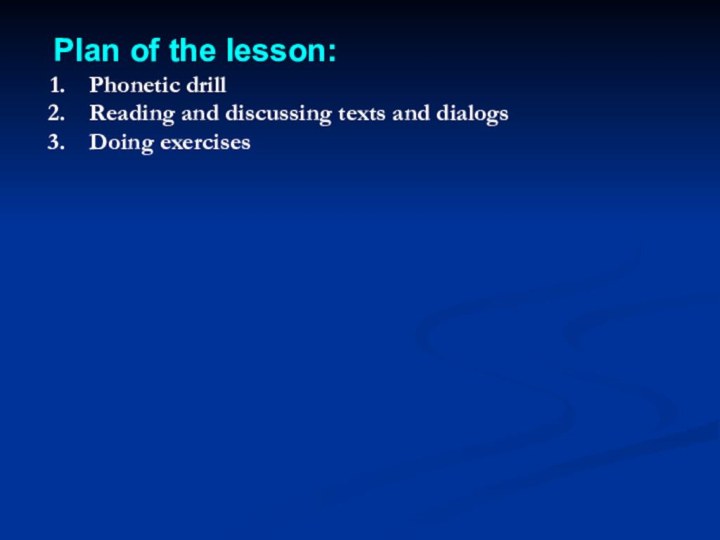
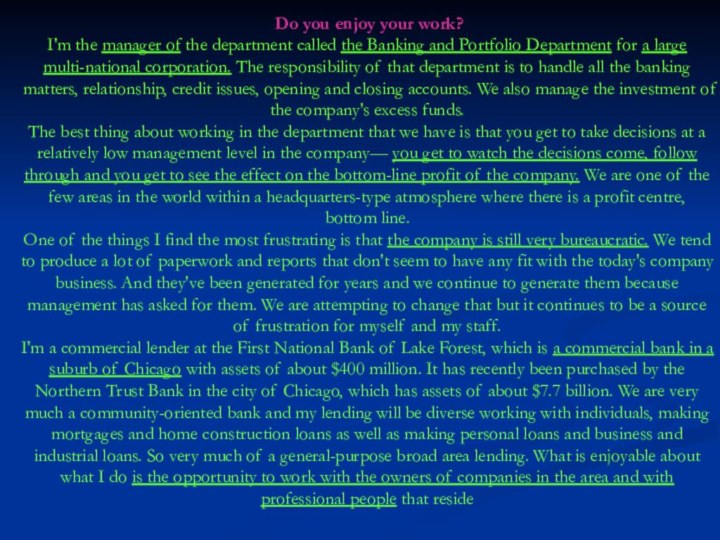
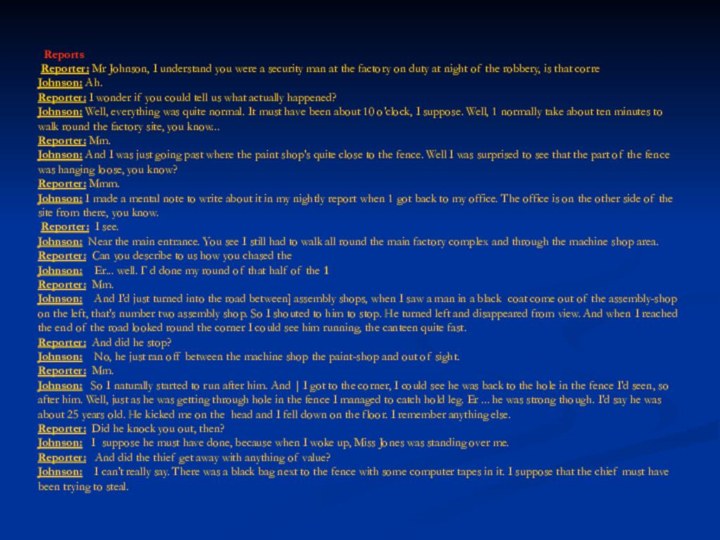
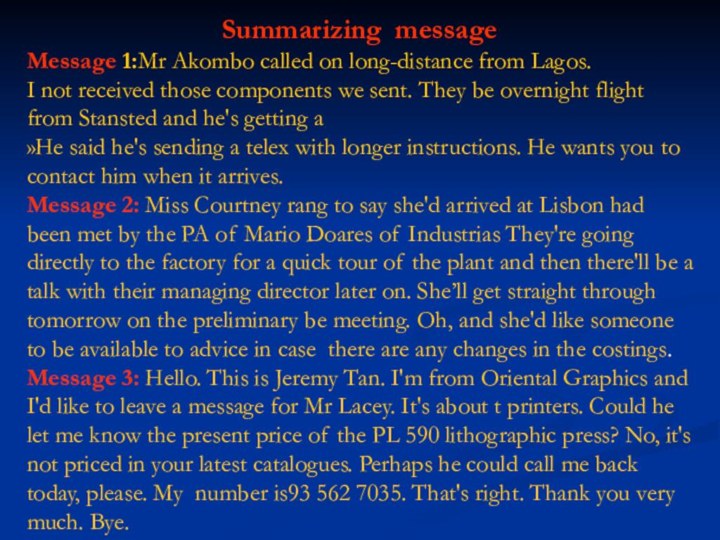

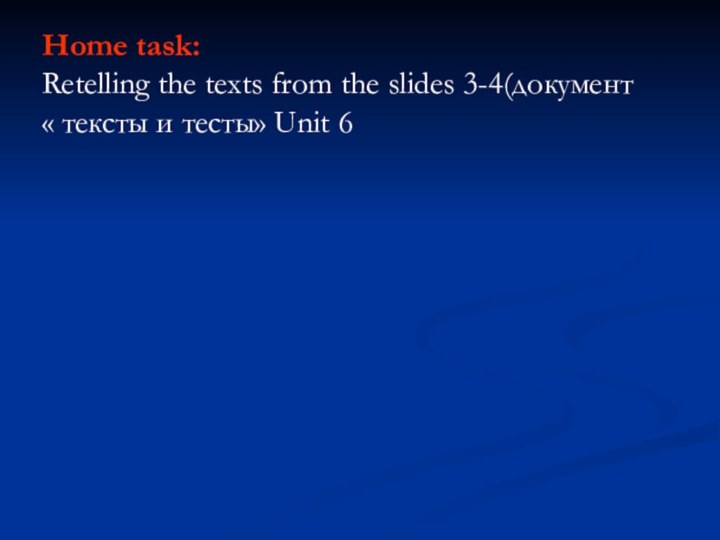
Слайд 3
Do you enjoy your work?
I'm the manager
of the department called the Banking and Portfolio Department
for a large multi-national corporation. The responsibility of that department is to handle all the banking matters, relationship, credit issues, opening and closing accounts. We also manage the investment of the company's excess funds.The best thing about working in the department that we have is that you get to take decisions at a relatively low management level in the company— you get to watch the decisions come, follow through and you get to see the effect on the bottom-line profit of the company. We are one of the few areas in the world within a headquarters-type atmosphere where there is a profit centre, bottom line.
One of the things I find the most frustrating is that the company is still very bureaucratic. We tend to produce a lot of paperwork and reports that don't seem to have any fit with the today's company business. And they've been generated for years and we continue to generate them because management has asked for them. We are attempting to change that but it continues to be a source of frustration for myself and my staff.
I'm a commercial lender at the First National Bank of Lake Forest, which is a commercial bank in a suburb of Chicago with assets of about $400 million. It has recently been purchased by the Northern Trust Bank in the city of Chicago, which has assets of about $7.7 billion. We are very much a community-oriented bank and my lending will be diverse working with individuals, making mortgages and home construction loans as well as making personal loans and business and industrial loans. So very much of a general-purpose broad area lending. What is enjoyable about what I do is the opportunity to work with the owners of companies in the area and with professional people that reside
Слайд 4
Reports
Reporter: Mr Johnson, I understand you
were a security man at the factory on duty
at night of the robbery, is that correJohnson: Ah.
Reporter: I wonder if you could tell us what actually happened?
Johnson: Well, everything was quite normal. It must have been about 10 o'clock, I suppose. Well, 1 normally take about ten minutes to walk round the factory site, you know...
Reporter: Mm.
Johnson: And I was just going past where the paint shop's quite close to the fence. Well I was surprised to see that the part of the fence was hanging loose, you know?
Reporter: Mmm.
Johnson: I made a mental note to write about it in my nightly report when 1 got back to my office. The office is on the other side of the site from there, you know.
Reporter: I see.
Johnson: Near the main entrance. You see I still had to walk all round the main factory complex and through the machine shop area.
Reporter: Can you describe to us how you chased the
Johnson: Er... well. Г d done my round of that half of the 1
Reporter: Mm.
Johnson: And I'd just turned into the road between] assembly shops, when I saw a man in a black coat come out of the assembly-shop on the left, that's number two assembly shop. So I shouted to him to stop. He turned left and disappeared from view. And when I reached the end of the road looked round the corner I could see him running, the canteen quite fast.
Reporter: And did he stop?
Johnson: No, he just ran off between the machine shop the paint-shop and out of sight.
Reporter: Mm.
Johnson: So I naturally started to run after him. And | I got to the corner, I could see he was back to the hole in the fence I'd seen, so after him. Well, just as he was getting through hole in the fence I managed to catch hold leg. Er ... he was strong though. I'd say he was about 25 years old. He kicked me on the head and I fell down on the floor. I remember anything else.
Reporter: Did he knock you out, then?
Johnson: I suppose he must have done, because when I woke up, Miss Jones was standing over me.
Reporter: And did the thief get away with anything of value?
Johnson: I can't really say. There was a black bag next to the fence with some computer tapes in it. I suppose that the chief must have been trying to steal.
Слайд 5
Summarizing message
Message 1:Mr Akombo called on long-distance from
Lagos.
I not received those components we sent. They be
overnight flight from Stansted and he's getting a»He said he's sending a telex with longer instructions. He wants you to contact him when it arrives.
Message 2: Miss Courtney rang to say she'd arrived at Lisbon had been met by the PA of Mario Doares of Industrias They're going directly to the factory for a quick tour of the plant and then there'll be a talk with their managing director later on. She’ll get straight through tomorrow on the preliminary be meeting. Oh, and she'd like someone to be available to advice in case there are any changes in the costings.
Message 3: Hello. This is Jeremy Tan. I'm from Oriental Graphics and I'd like to leave a message for Mr Lacey. It's about t printers. Could he let me know the present price of the PL 590 lithographic press? No, it's not priced in your latest catalogues. Perhaps he could call me back today, please. My number is93 562 7035. That's right. Thank you very much. Bye.
Слайд 6
MEETINGS
You'll read the conversation at a staff meeting about introducing flexible working hours. Try to role play this conversation and use underlined expressions. Then agree or disagree with the following:
1) More time is wasted at meetings than in any other business activity.
2) The purpose of meetings is to decide when the next one will take place.
3) A meeting is a group of people who can decide nothing alone and who decide together that nothing can be done.
4) It's better to send everyone a memo about a new procedure than to have a meeting about it.
5) Meeting helps everyone to feel personally involved in decision-making.
6) It's better for the boss to make a decision than to have a meeting.
7) The most important person at a meeting is a chairman.
8) The most important piece of paper at a meeting is the agenda. I 9) Most meetings are unnecessary, they're just a way of making
people think they're important.
10) It's better to talk to each person individually than to have a meeting.
111) A meeting may be the only chance the members of a group actually have to see each other face to face.
112) Meetings lead to better decisions, because of the exchange of ideas.

